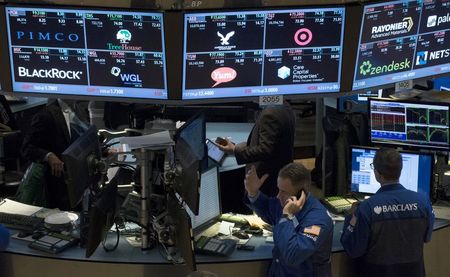Cost refers to the expenditure or sacrifice of resources, usually measured in monetary terms, incurred to acquire goods, services, or assets. It represents the amount of money or resources companies must allocate to obtain something of value. Costs can take various forms and classifications based on their characteristics.
Regardless of the type or classification, companies must know the total cost of a product or service. While there is no specific definition for the term, it is a crucial part of managerial and financial accounting.
What is the Total Cost?
Total cost refers to the expenditure incurred by a company when producing goods or services. It encompasses both direct and indirect costs associated with the production process. Direct costs are expenses directly attributable to producing a specific product or service, such as labour and raw materials. Indirect or overhead costs contribute to the overall production cost but do not directly relate to a particular product, such as rent, utilities, etc.
Calculating total cost is essential for companies to evaluate profitability, make pricing decisions, assess cost efficiency, and plan for future investments. It provides a holistic view of all expenses incurred in the production process, considering both fixed costs and variable costs. However, the definition of total cost can vary depending on the context and the specific components involved.
How to calculate the Total Cost?
The formula for determining total cost involves fixed costs and variable costs. Fixed costs represent expenses that remain constant regardless of the production volume, such as rent, salaries, and insurance. On the other hand, variable costs fluctuate in direct proportion to the production levels, encompassing factors like raw materials, direct labour, and utilities.
Companies must add fixed and variable costs to calculate the total cost for a product or service. They can use the following formula.
Total cost = Fixed costs + Variable costs
This calculation provides an evaluation of the overall expenditure incurred during the production process. It allows companies to gain insights into their cost structure, make informed decisions regarding pricing strategies, assess the efficiency of their cost management, and plan for future investments.
Alternatively, companies can use the following formula to calculate the total cost.
Total cost = Direct costs + Indirect costs
Regardless of the formula or calculation method used, the total cost for the underlying product or service will remain the same.
Example
Red Co. is a manufacturing company that produces bicycles. The company incurs the following costs.
- Fixed Costs
- Rent: $10,000 per month
- Salaries of administrative staff: $15,000 per month
- Insurance and maintenance: $5,000 per month
- Variable Costs
- Cost of raw materials per bicycle: $200
- Direct labour cost per bicycle: $100
- Variable overhead costs per bicycle: $50
In the last period, Red Co. produced 200 bicycles. The fixed cost for the company is as below.
Fixed costs = $10,000 + $15,000 + $5,000 = $30,000
Similarly, the variable costs are as below.
Variable costs = [$200 (raw materials) + $100 (direct labor) + $50 (variable overhead)] x 200 bicycles
Variable costs = $35 per unit x 200 bicycles
Variable costs = $70,000
Based on the above calculations, the total cost for Red Co. for the period will be as below.
Total cost = Fixed costs + Variable costs
Total cost = $30,000 + 70,000
Total cost = $100,000
Conclusion
Total cost represents the expenditure incurred when producing a product or rendering services. Specific definitions or calculations for this cost may differ based on the context or situation. However, it usually includes a sum of fixed and variable costs. Companies must calculate this cost for various reasons, including pricing, purchase, and investment decisions.
Further questions
What's your question? Ask it in the discussion forum
Have an answer to the questions below? Post it here or in the forum




